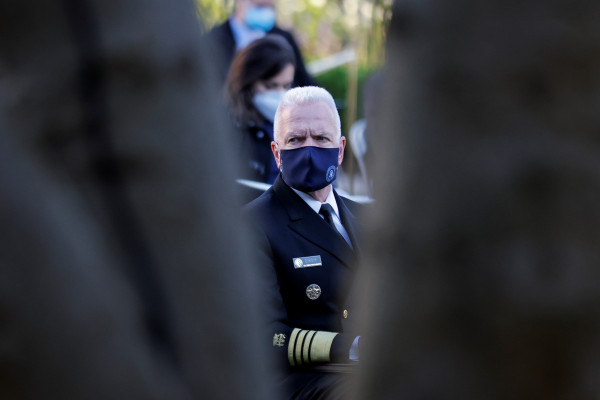Assistant Secretary For Health Brett Giroir Says A Shorter Quarantine Is Being Considered

The White House coronavirus task force analyzes evidence regarding how long an individual should quarantine to be safe and restrict the spread of COVID-19. The current guidelines recommend a 14-day quarantine following potential exposure to COVID-19.
The CDC suggests even those who test negative for COVID-19 and feel healthy are required to stay home, considering that symptoms may appear 2 to 14 days after exposure to the coronavirus. The agency also says that the start time of the quarantine should coincide with the last day.
Assistant Secretary for Health Adm. Brett Giroir said the Trump campaign is planning to shorten this quarantining period during a news conference held by the US Department of Health and Human Services earlier this week. He claimed that several pieces of evidence show a shorter quarantine, coupled with a test, may help stop the virus from spreading.
Giroir suggested that 14-day quarantine may no longer be necessary but did not specify what shorter period the campaign is considering. While he confirmed that they were actively working on that kind of guidance and reviewing the evidence, Giroir said they want to be absolutely sure.
The biggest challenge for controlling the spread of the virus is that it can spread through people who show no symptoms. China and some other countries, including India, adopted methods such as lockdowns, along with widespread testing, contact tracing, and quarantine to curb the spread of the virus to some extent, Bloomberg reported.
The United States, on the other hand, is still struggling to curb the pathogen's spread. Holidays such as Thanksgiving increase the risk of the spread, and officials say people frustrated with months of restrictions do not pay heed to safety guidelines.
In an interview with CNN's Wolf Blitzer on The Situation Room, Giroir said the agency hadn't reached a conclusion, which will be driven by data. Nearly half of the people start showing symptoms on day 5 when the virus is present, and there's a very low chance of the person becoming symptomatic afterward.
He explained that if someone gets a test on day seven or day 10, the quarantine period can be shortened to 10 days. Giroir pointed out that people are more likely to follow a 10-day quarantine than a 14-day quarantine, so a shorter period could improve public health responses.












